3.44 GW
Market Size
9.88%
CAGR
5.51 GW
Forecast

*Note: Name, Email and Phone Number are mandatory.

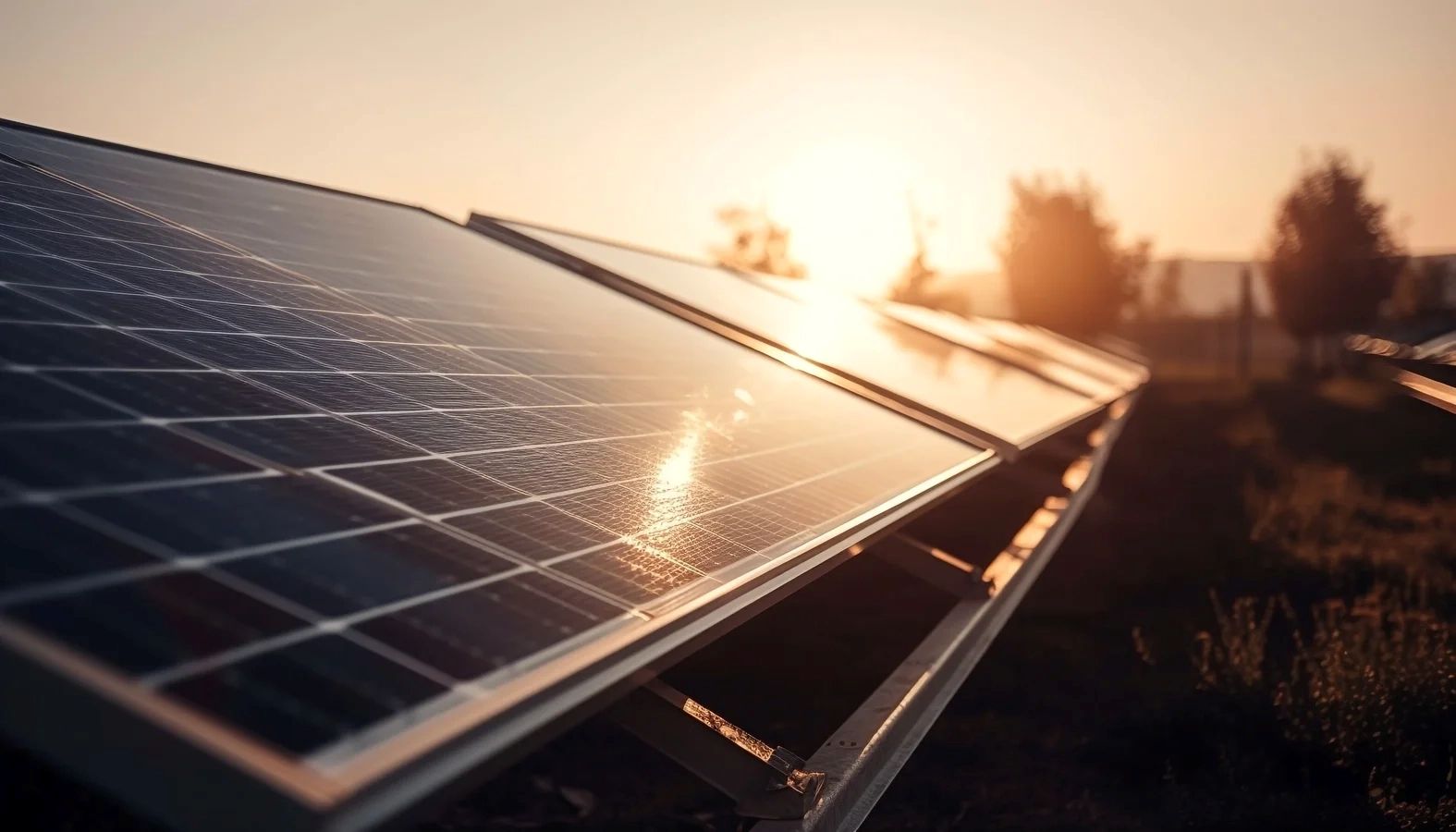
Nigeria’s renewable energy sector presents immense potential. With vast solar, wind, and hydro resources, alongside supportive policies and growing energy demands, it offers a dynamic landscape for growth. A nation rich in natural assets and innovation, Nigeria is primed to lead Africa’s transition to sustainable energy solutions.
Nigeria’s renewable energy sector presents immense potential. With vast solar, wind, and hydro resources, alongside supportive policies and growing energy demands, it offers a dynamic landscape for growth. A nation rich in natural assets and innovation, Nigeria is primed to lead Africa’s transition to sustainable energy solutions.
3.44 GW
Market Size
9.88%
CAGR
5.51 GW
Forecast
Nigeria's geographic diversity makes it ideal for renewable energy investment. The northern regions have high solar irradiation, averaging 5.5 kWh/m²/day, perfect for solar power. The southern areas' vast rivers and rainfall support hydropower, while coastal winds and offshore locations offer wind energy potential. Its equatorial climate allows year-round biomass production. These renewable resources, combined with a growing energy demand, position Nigeria as a prime hub for sustainable energy investments.
Business setup advantages in Nigeria’s renewable sector are also significant. The country’s need for reliable, off-grid power presents immense opportunities for investors in solar and wind energy, with a particular focus on rural electrification. The market is primed for innovation in decentralized energy systems, especially in areas like the IPR sector, where independent producers can work directly with consumers. Additionally, with 60% of Nigeria’s population still lacking reliable electricity access, there is a clear demand for sustainable energy solutions. Setting up renewable energy projects in Nigeria allows investors not only to tap into a growing market but also to contribute to the country’s energy transformation, positioning them for long-term success in a rapidly evolving sector.
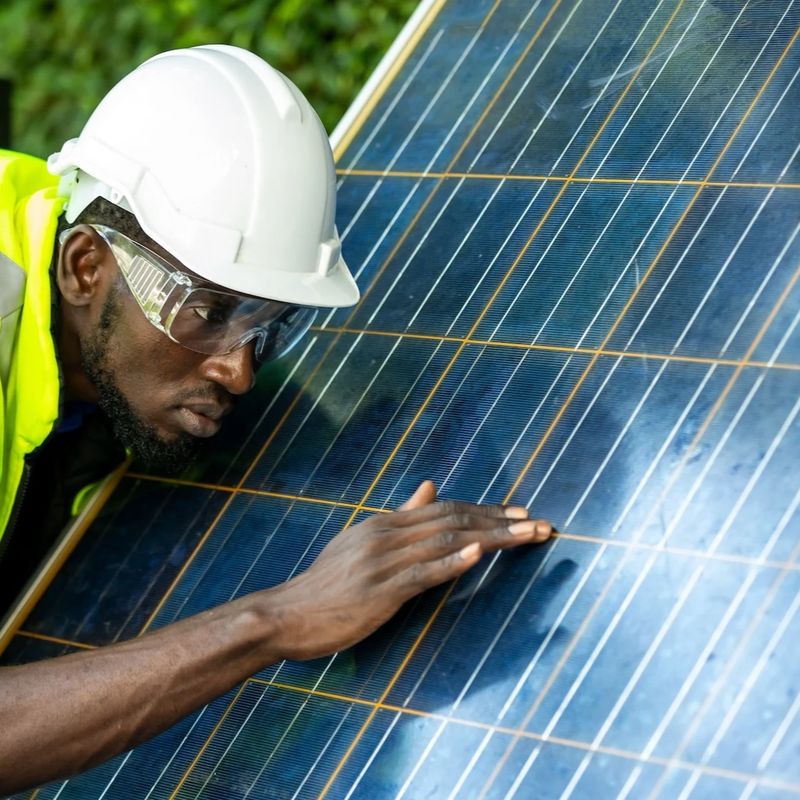

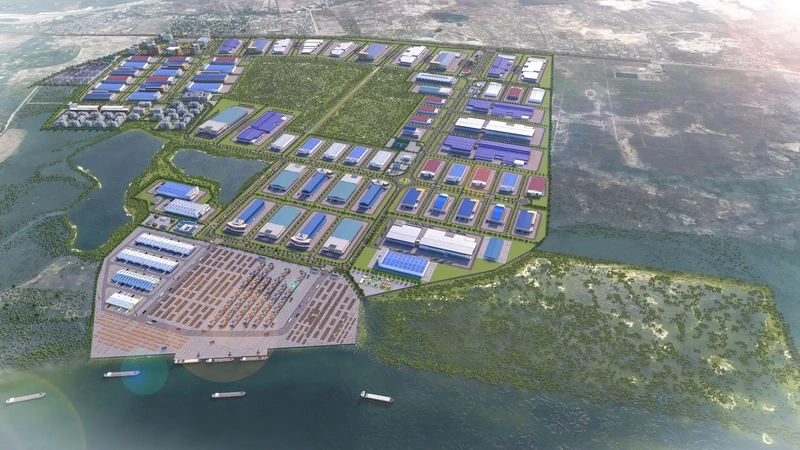

June 21, 2024
Top 18 Investment Sectors in Africa With Unprecedented Business Growth Potential








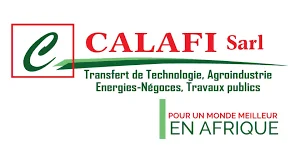




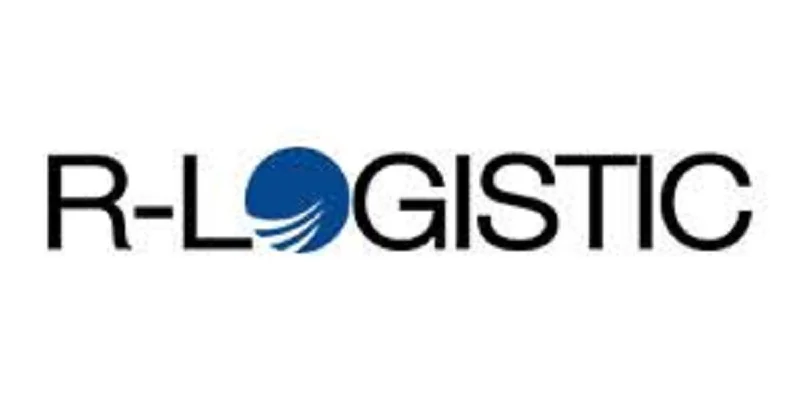

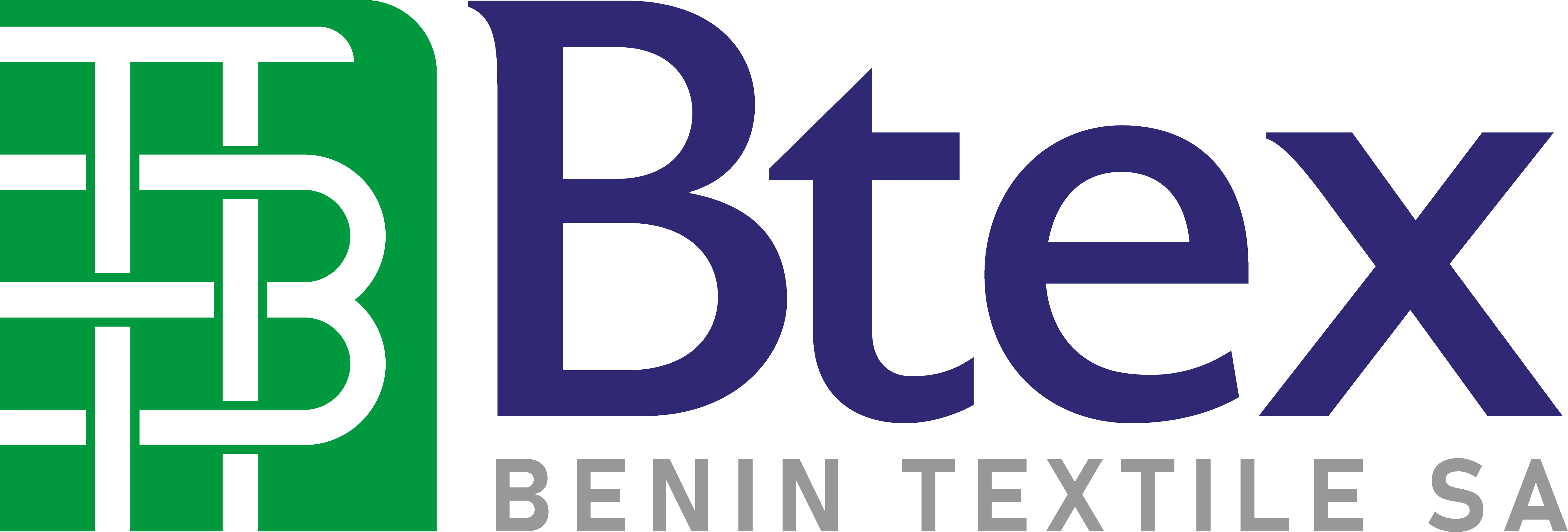
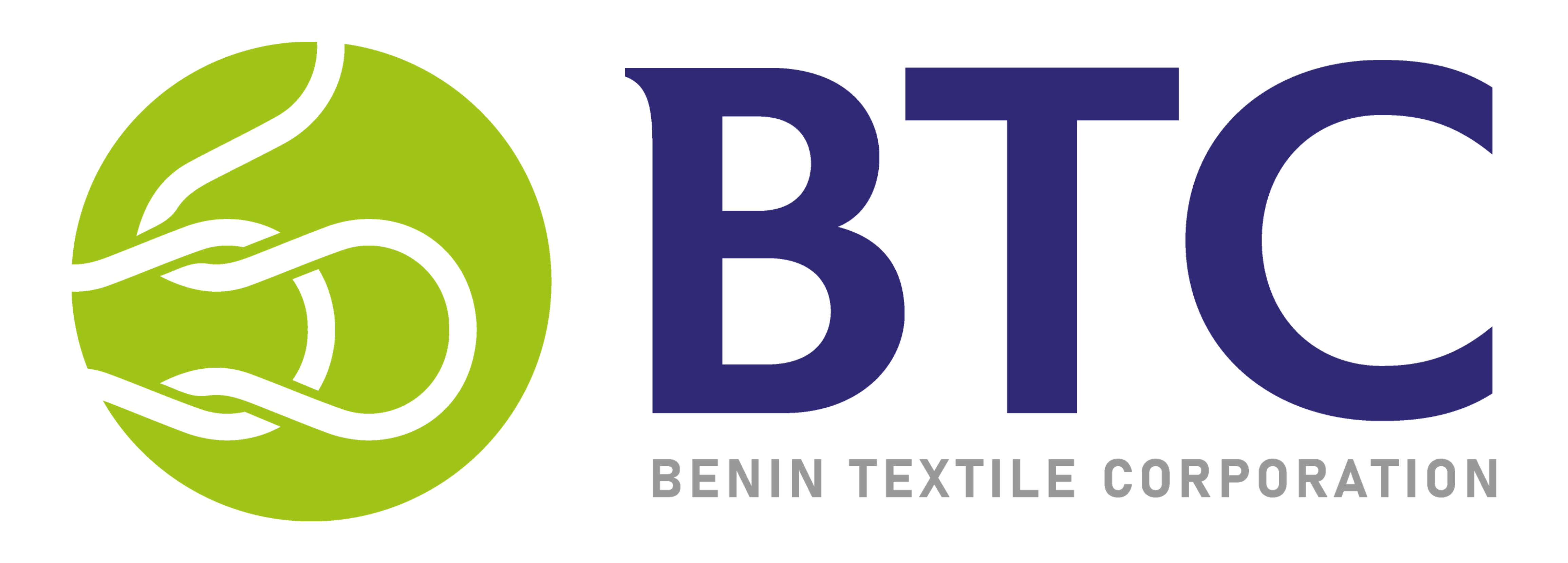


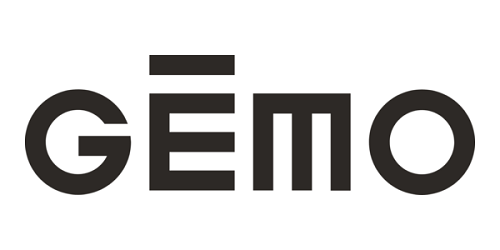




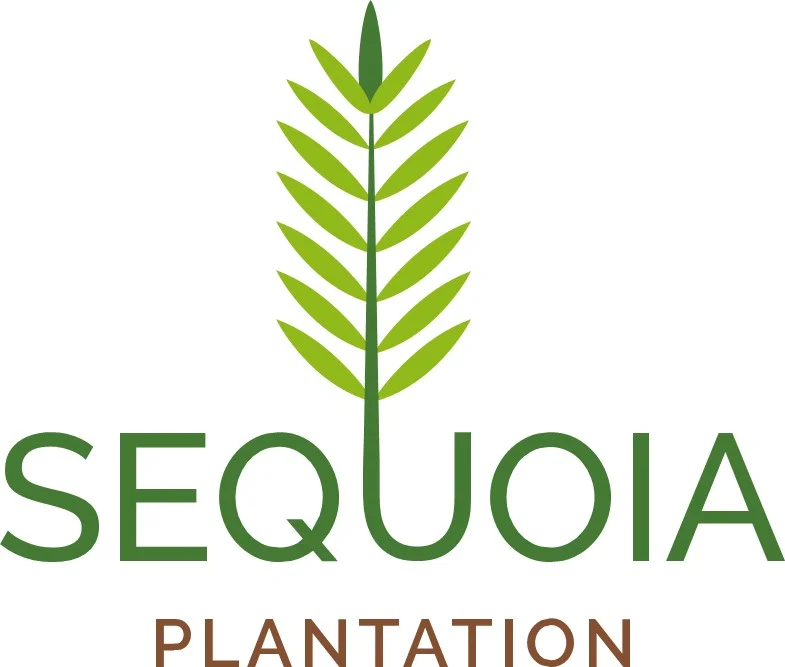


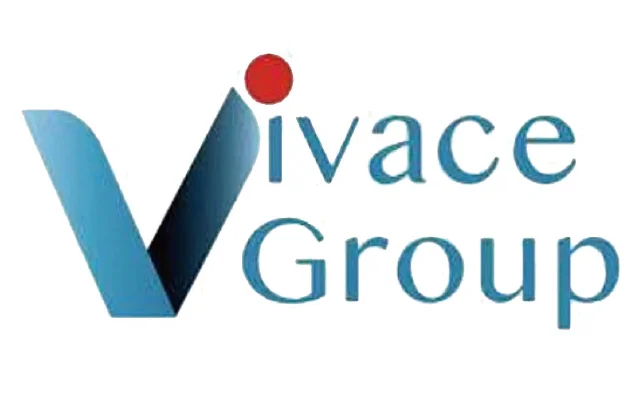

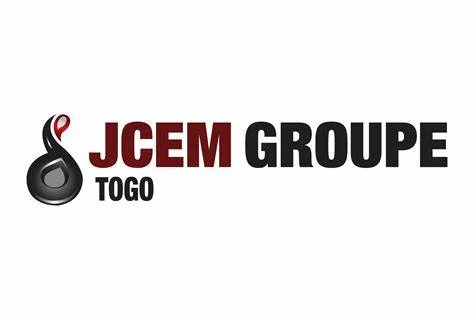
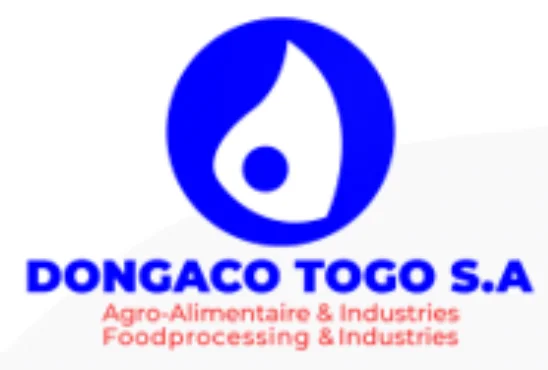















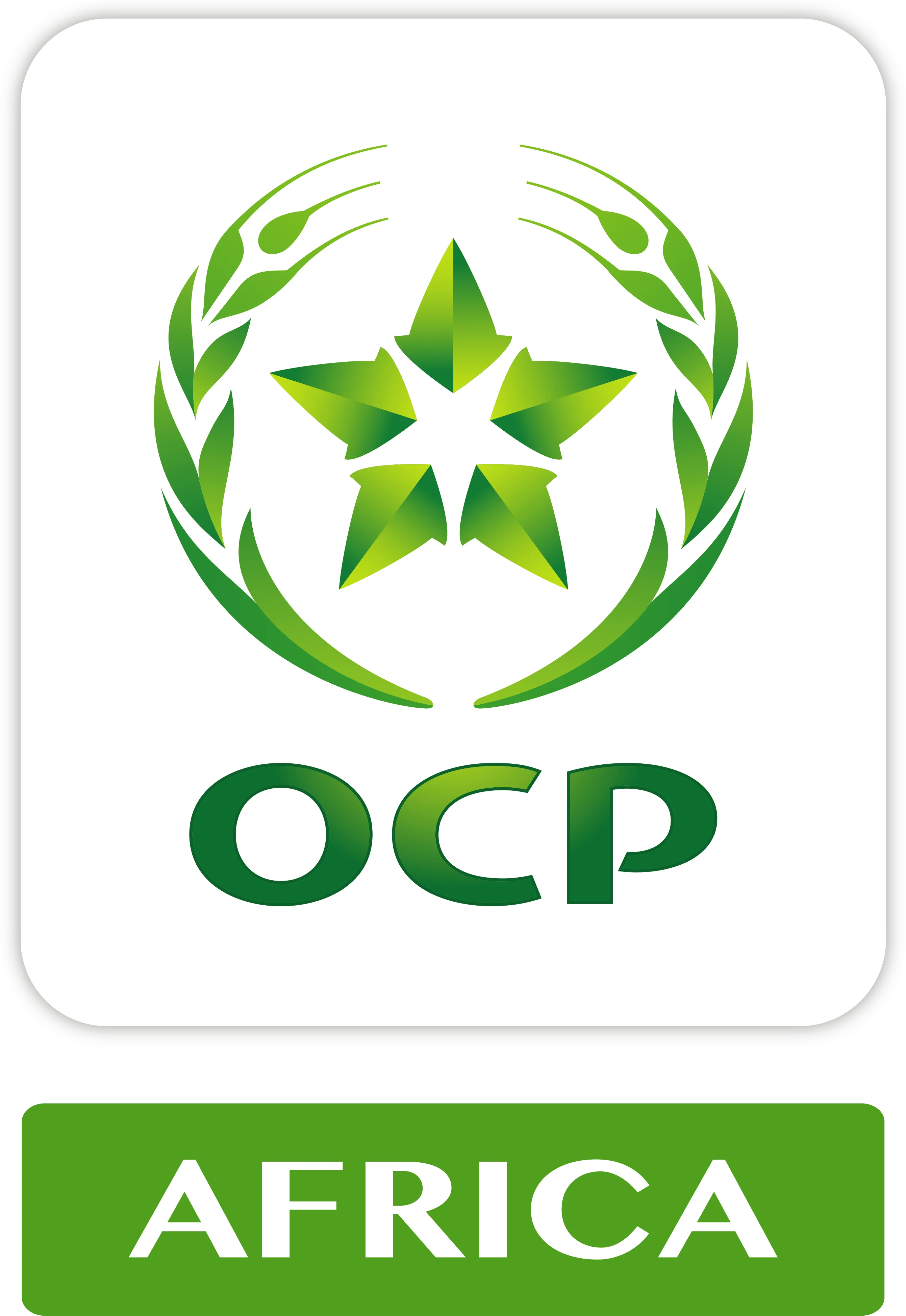








What is the potential for renewable energy in Nigeria?
Nigeria boasts vast renewable energy resources, including abundant solar radiation, significant wind energy potential in northern regions, and untapped hydroelectric and biomass opportunities, making it an ideal destination for sustainable energy investments.
What government policies support renewable energy development?
The Nigerian government actively supports renewable energy through the National Renewable Energy and Energy Efficiency Policy (NREEEP) and incentives like tax breaks and feed-in tariffs under the Renewable Energy Master Plan.
What is the market demand for renewable energy in Nigeria?
With a population exceeding 200 million and an energy access rate of just 55%, there is a massive and growing demand for clean, affordable energy solutions, particularly in underserved rural and urban areas.
Are there any successful renewable energy projects in Nigeria?
Yes, projects like the Katsina Wind Farm, the Solar Nigeria Program, and mini-grid solar initiatives demonstrate the viability and scalability of renewable energy investments in Nigeria.
What is the government's commitment to energy transition?
Nigeria has pledged to achieve net-zero emissions by 2060 and is a signatory to international climate agreements, showcasing its dedication to energy transition and sustainability.
What financing options are available for renewable energy projects?
Investors can access funding through initiatives like the Green Bond Program, the Nigeria Electrification Project, and partnerships with international agencies like the World Bank and African Development Bank. You can contact us, AFI team, for funding assistance as well.
How is the private sector involved in renewable energy?
The private sector plays a pivotal role in Nigeria’s renewable energy growth, with innovative startups and established firms driving solar mini-grids, biogas systems, and off-grid energy solutions.
What is the cost of setting up renewable energy infrastructure?
Costs vary by project type, but Nigeria’s competitive labor market and improving supply chain infrastructure make renewable energy projects cost-effective compared to other regions.
What legal framework governs renewable energy in Nigeria?
The Electricity Power Sector Reform Act and the Nigerian Energy Policy provide a solid legal foundation, ensuring transparency and investor protection in the renewable energy sector.
How does Nigeria's renewable energy potential compare regionally?
Nigeria leads West Africa in renewable energy potential, with its population size, market demand, and natural resources positioning it as a regional energy hub.
How can foreign investors partner with Nigerian stakeholders?
Collaboration opportunities abound with local firms, government agencies, and international development organizations to create impactful and profitable renewable energy projects.
Compare
Dear investor, please compare similar category items- either Locations or Opportunities.
*Already subscribed.
*Enter your name/email.

Sign up for exclusive investment alerts.
Already subscribed? Skip
Thank You For Subscribing to
Africa For Investors.

You will be redirected to AFI’s Linkedin Profile in 10 seconds.
Stay On AFI Website